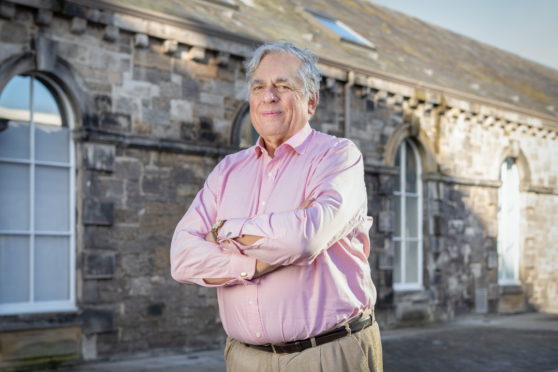The new chairman of Scottish Land and Estates (SLE) is determined to help the farming and land-based sectors find a credible method for measuring carbon output.
Mark Tennant, from the 4,500-acre Innes Estate near Lossiemouth, was recently appointed to lead the landowners’ body.
“SLE was always seen as the bad guy – the people who didn’t give access and who owned all the land,” said Mr Tennant.
“We have moved on a long way from there but what I’d like to do is to get on to the front foot and be leading the way on things like carbon, access and land reform.”
His priority areas include a drive to accurately assess and measure the carbon output of farms, estates and land-based businesses, and help rural businesses hit by the Covid-19 lockdown.
He said SLE had set up a working group to look at carbon measurement tools, and this work needed to be completed as soon as possible in order to meet the Scottish Government’s target of reaching net-zero by 2045.
“There is no time to muck about,” said Mr Tennant.
“I would like SLE to take a lead on this. We are the ideal body to do this because we are not siloed.
“We are integrated land managers across the piece. We want to be able to say to the Scottish Government, here is how we can sensibly measure all the different land outputs.”
He said if a farm or estate business put its data into three different existing carbon measurement tools, each one would give a different answer.
“We have to look at estates and farms and work out, for example, if you are buying fertiliser, is the cost of the transport bringing it in part of your carbon footprint or not?” added Mr Tennant.
“It’s important that everybody agrees.”
On the impact of Covid-19, Mr Tennant said SLE would be lobbying politicians on both sides of the border to ensure continued subsidy support for the rural economy.
He said SLE would also be working to tackle an increase in rural crime during the lockdown.
